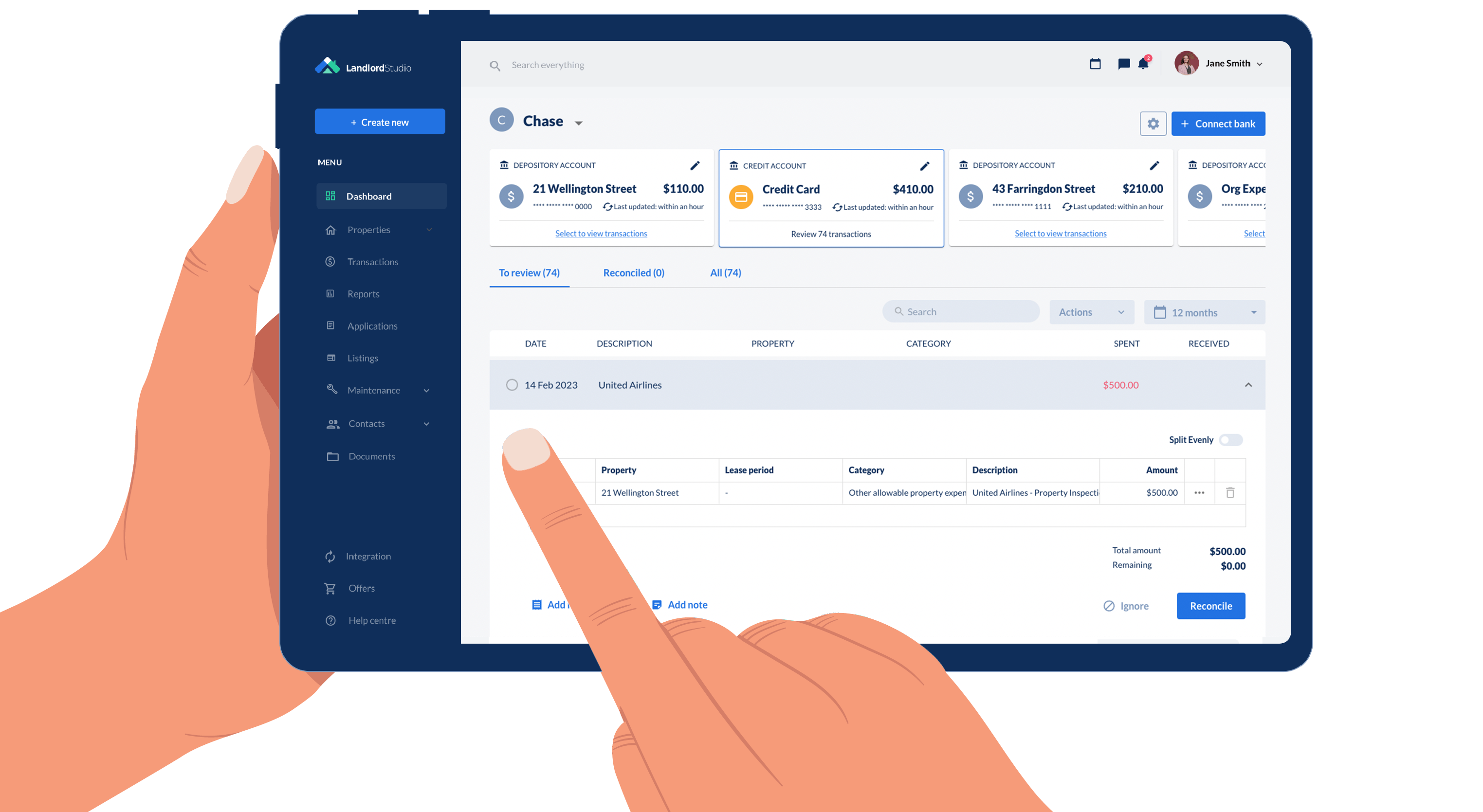In the intricate world of stock market trading, seasoned investors know the importance of monitoring the performance of specific stocks, such as keeping an eye on the Tata Steel share price. However, beyond tracking individual stock performance, understanding the balance between the cost and convenience of maintaining a demat account is a crucial aspect that investors need to consider. This article aims to delve into the balancing act between the cost and convenience of demat account charges for investors while also keep an eye over Tata Steel share price.
Understanding Demat Account Charges
A demat account, an abbreviation for a dematerialized account, serves as a virtual storage space where shares bought are stored in an electronic format. While a demat account provides significant benefits, it also comes with its set of charges that can impact the overall trading costs. The primary demat account charges associated with a demat account include account opening fees, annual maintenance charges (AMC), Tata Steel share price and transaction fees.
Account Opening Fees: This one-time charge is payable when opening a demat account. Some depository participants (DPs) might offer free account opening, while others may charge a nominal fee.
Annual Maintenance Demat account Charges: This recurring annual fee is levied by DPs for the upkeep of your demat account. The AMC varies among DPs and Tata Steel share price.
Transaction Fees demat account charges: These are charges applied for every buying or selling transaction of shares. The fee could be a fixed amount per transaction or a percentage of the transaction value.
Balancing Cost and Convenience
Despite the charges associated with it, a demat account offers numerous benefits that can significantly enhance trading convenience for investors as per the Tata Steel share price.
Ease of Transaction: A demat account simplifies the process of buying and selling shares, making transactions swift and efficient.
Safety: Holding shares in a demat account eliminates risks associated with physical share certificates, such as loss, theft, or damage.
Convenience: A demat account provides the convenience of holding all your securities, including stocks, bonds, Tata Steel share price and mutual funds, in a single place.
Accessibility: Online trading platforms allow investors to access their demat account anytime, anywhere, enabling them to react quickly to market trends such as changes in the Tata Steel share price.
Balancing the cost and convenience of demat account charges is a crucial consideration for investors. For active traders who frequently buy and sell shares, the transaction charges can significantly impact overall costs. However, the convenience, safety, and ease of transactions offered by a demat account can enhance trading efficiency, potentially boosting profits.
For long-term investors who trade less frequently, the AMC might constitute a significant part of trading expenses. However, the safety and convenience of holding shares in a demat account can provide a higher return on investment in the long run for the Tata Steel share price, especially when investing in high-performing stocks like Tata Steel.
In conclusion, while tracking the Tata Steel share price is crucial, understanding the cost-convenience balance of your demat account is equally important. By considering the charges and benefits associated with a demat account, investors can make informed decisions about their trading and investment strategies. It is advisable to select a DP that offers competitive charges and robust services, ensuring the maximum return on investment in the stock market.












Comments